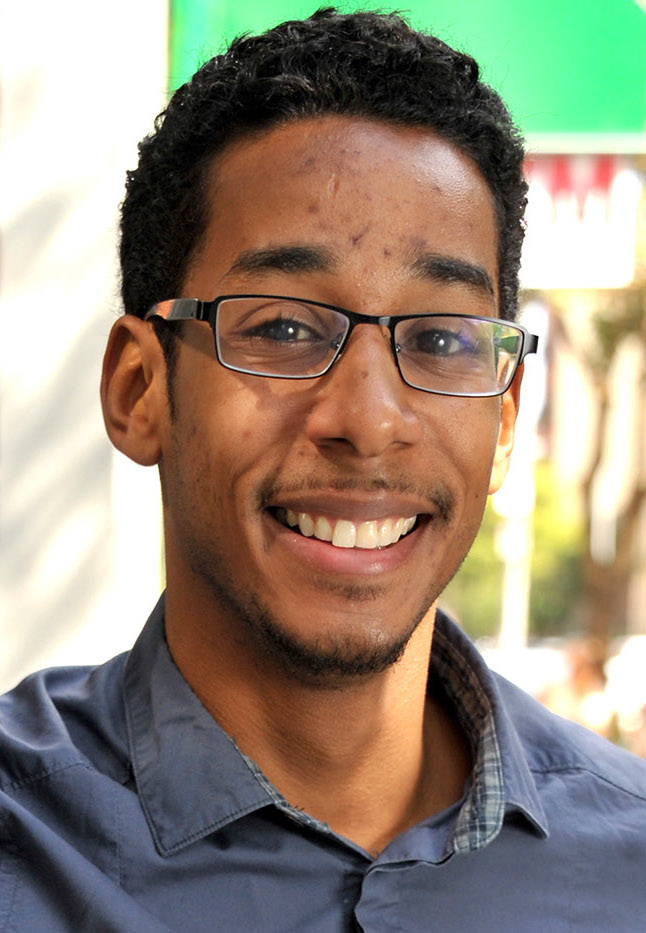Weeks into his first term on the City Council, Antonio Reynoso is beginning to negotiate the tricky politics of housing and development in the neighborhoods he represents. So far, it's tough to decipher whether his office will support the construction of walkable, transit-accessible housing that New York needs in order to keep the cost of living from spiraling out of control.

Kevin Worthington, Reynoso’s Bushwick community liaison, recently told Community Board 4 that Reynoso is "looking at some downzoning" along Broadway, the transit spine of the neighborhood with direct subway service to Manhattan and Queens, according to the Times Newsweekly. But restricting the supply of housing would only make the neighborhood's affordability problems worse, as people continue to move there. A downzoning would also preclude opportunities for "inclusionary housing," which relies on letting developers build more apartments to create new residences affordable for lower-income households.
Reynoso seemed to take a more nuanced position, calling for new development rules in the neighborhood, but he took a hard line against any construction until those rules are in place. "We could protect ourselves and prevent the gentrification -- the displacement of the members of Bushwick -- if we do a rezoning," he said. "Any new development that happens during my tenure is going to have a very hard time... I will make sure that no development happens until the rezoning is complete."
A rezoning could include measures like the elimination of parking minimums and mandatory inclusionary zoning -- a policy tool favored by Mayor de Blasio -- but it could also take years to get through the planning department and the City Council. In the meantime, Reynoso seems to be saying he'll make it tougher for new housing development near transit to move forward.
In a statement sent to Streetsblog on Friday, Reynoso implied that he is open to the construction of more housing (emphasis his):
The process of rezoning will be community based and is looking to empower Bushwick residents with in-depth knowledge and provide resources on zoning tools and designations. My office will organize workshops and forums in the following months with experts from city agencies and local organizations to bring crucial information to our constituents on how to preserve and foster a vibrant community without harming fair and necessary development.
Over the long run, building more apartments will help keep housing prices in check, but new development can be a potent symbol of out of control housing costs. That frustration is reflected in Reynoso's campaign website: "Gleaming new housing towers are edging out affordable apartments, and rents continue to skyrocket."
Earlier comments from Reynoso recognized that new development can be a tool to build more affordable housing in his district. "We need to start working on incentivizing and encouraging developers or anyone that’s building in Williamsburg to build middle income housing," he told City & State in December. "That’s going to be the way that we can thwart gentrification and sustain our community long-term."
That's closer to the message coming from de Blasio, who pledged to create 90,000 units of affordable housing and make inclusionary zoning mandatory. In his campaign platform: a pledge to target rezonings and new housing construction in "locations with strong transit connections, encouraging higher-density development at and around transit hubs."





